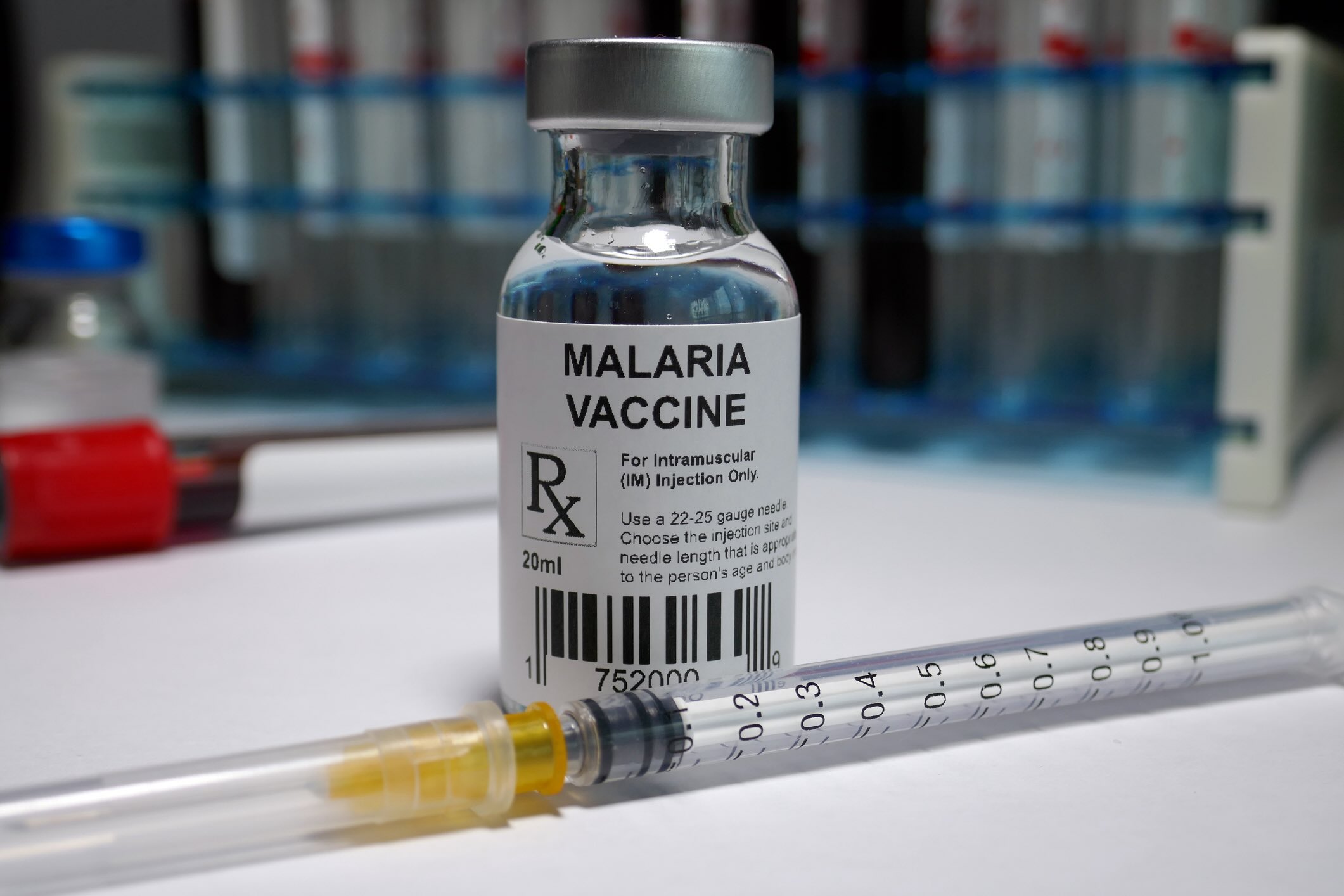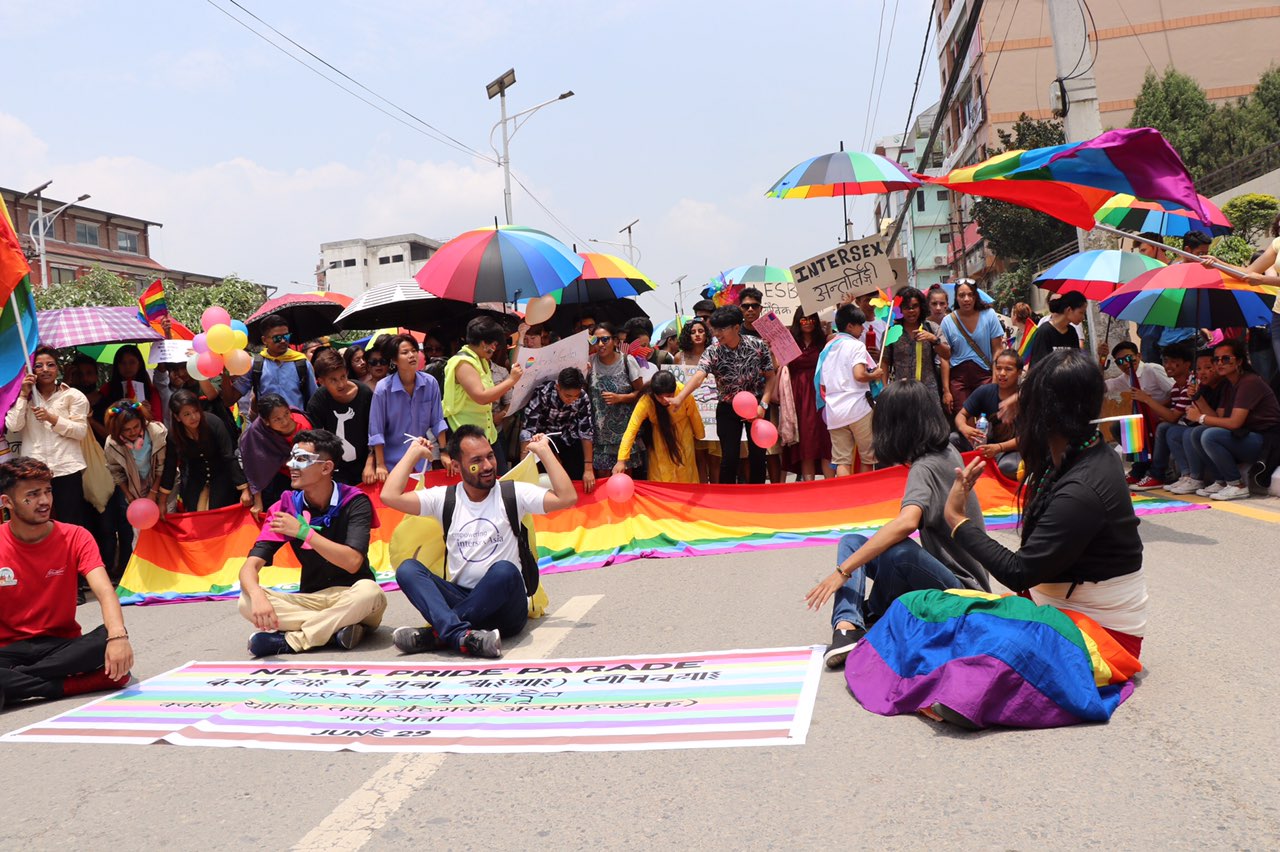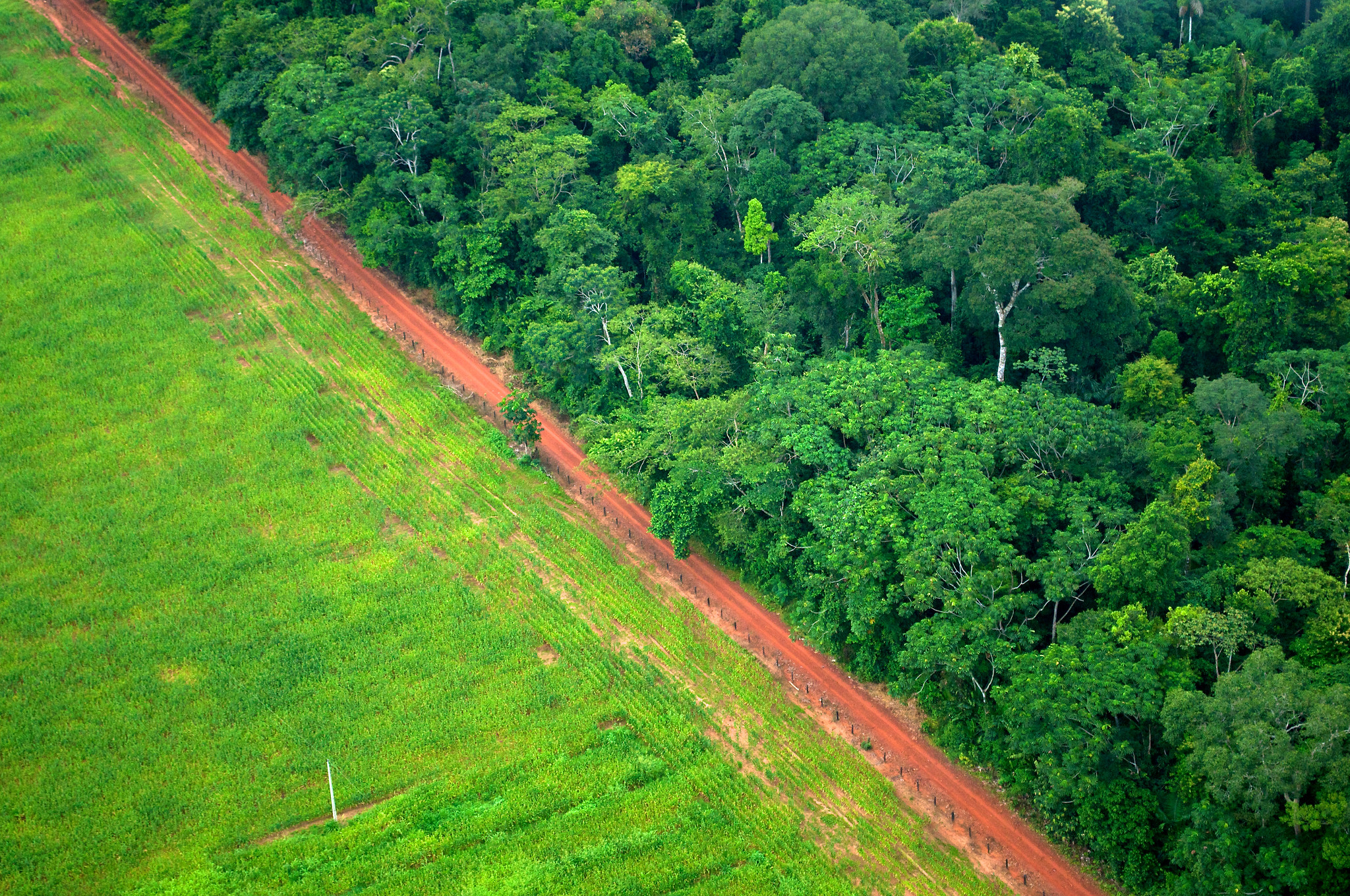Many terrible things happened in 2023. But there were significant improvements the world over that will affect millions of people—many of which fell between the cracks of bad news. Here are 10.

1. A second malaria vaccine
Almost half a million children die every year from malaria. While various treatments and interventions exist, a malaria vaccine used to be considered the “holy grail of tropical medicine” as scientists tried in vain for decades to develop one.
This year, the World Health Organization approved a second vaccine for malaria, R21. The world’s first, Mosquirix, was approved in 2021. R21, which is cheaper and easier to manufacture, will reach countries with a high malaria burden in 2024. Meanwhile, results of a pilot program with Mosquirix are in, and it has already reduced deaths among young children by 13%.
Belize, Tajikistan, and Azerbaijan were declared malaria-free, and other countries, such as Rwanda and Ghana, are also making progress against malaria.
2. Medical firsts
CRISPR, a gene-editing technology for which its inventors were awarded the Nobel Prize in 2020, has moved from research to reality. This fall, the United Kingdom, Bahrain, and the United States all approved a treatment that is the first to use CRISPR.
That treatment, Casgevy, is a therapy for the blood diseases sickle cell and beta thalassaemia. It works by snipping out certain problematic genes—and it may ameliorate symptoms for a lifetime. That’s a potential gamechanger for patients whose treatment options are currently limited.
In the spring, the Food and Drug Administration approved the first vaccine for RSV, a respiratory virus that is dangerous to children and the elderly.
And for the first time, artificial intelligence has assisted in finding a new antibiotic as well as a new class of antibiotics.

The first Nepal Pride Parade in 2019 (AllyProud / CC By-SA 4.0)
3. LGBTQ+ rights advanced in Europe and Asia
Despite high-profile setbacks for the rights of gay, lesbian, bisexual, transgender, and queer people—in, for example, Uganda, where the harshly punitive Anti-Homosexuality Act was passed—many other countries took steps toward equal rights.
In Taiwan, same-sex couples can now adopt children. Nepal saw its first registry of a same-sex marriage after its Supreme Court mandated it. Thailand’s parliament is considering a bill that would allow same-sex marriage. Hong Kong’s top court ordered the creation of a legal framework that would meet “basic social requirements” for same-sex couples, for example around insurance or inheritance. And Japan’s Supreme Court ruled that transgender people do not need to undergo surgical sterilization in order to legally change their gender.
Over in Europe, the Czech Republic is considering a bill to legalize same-sex marriage, and this year it will become legal in Estonia, the first Baltic country where that’s the case. This month, the European Court of Human Rights ruled that Poland must introduce civil unions or same-sex marriage.
4. Criminal justice reform
In July, Ghana became the 124th country globally and the 29th in Africa to abolish the death penalty, except in cases of high treason.
While the death penalty remains on the books in much of the United States, in practice it is rarely used. According to the Death Penalty Information Center, 2023 is the ninth consecutive year with fewer than 30 people executed (24) and fewer than 50 people sentenced to death (21).
The U.S. continues its trend of decarceration—incarceration rates have been falling since 2008—with no corresponding spike in crime. This trend has positively affected Black men in particular.
5. Some reduction of weapons of mass destruction
A treaty the U.S. signed in 1997 locked the country into destroying its chemical weapons stockpile by September 2023. This summer, they met the deadline early when a final rocket filled with sarin nerve agent was destroyed in Kentucky. Chemical weapons are considered a weapon of mass destruction and have caused considerable damage in warfare. Other than the U.S., 191 countries have committed to destroying their stockpiles of it.
In December, Peru destroyed the last of their cluster munitions stockpile, the final country of the 112 that agreed in 2008 to destroy cluster munitions stockpiles, clear their remnants—which can explode long after they land, harming civilians—and assist victims, says Human Rights Watch. Bulgaria, Slovakia, and South Africa also destroyed theirs in 2023.
Big cluster munition–producing countries, however, including China, North Korea, Russia, Israel, Egypt, Greece, and the U.S., are still manufacturing and stockpiling cluster munitions.
6. Global wealth and wealth equality is increasing
The global middle class is swelling. While total wealth around the world declined in 2022, global median wealth, a better reflection of how a typical person is faring, increased by 3% (big data points like these are always at least a year behind). The Swiss bank UBS’s annual report predicts that total global wealth will grow 38% in the next five years, primarily driven by middle-income countries like India.
This is one sign of a more equal world. In contrast to the 20th century, in which a small subset of countries enlarged their pies while the rest shrank or stagnated, we’re now seeing larger pies in more places—and that has come along with more equal living standards. One inequality researcher this year, writing in Foreign Affairs, found that among countries, wealth is more equal today than it has been since the late 1800s, with China a massive player in this reversal. Wealth inequality within countries, however, is rising.
In the U.S., in 2022, Americans became wealthier, too, with “people at the bottom of the distribution gaining proportionally more than people at the top,” writes economist blogger Noah Smith. Wealth inequality is down, including across race, education, and urban-rural strata.
7. Poverty is decreasing
The United Nations’s July report on multidimensional poverty—a measurement that uses multiple factors to address poverty instead of just income—found that 25 countries have halved their scores in 15 years. These include Cambodia, China, Congo, Honduras, India, Indonesia, Morocco, Serbia, and Vietnam. Some not only halved their scores but also did it remarkably speedily; Indonesia needed only five years, and Thailand four. (These numbers are also from 2022.)

A forest in Rio Branco, Acre, Brazil (CIFOR / CC BY-NC-ND 2.0)
8. Climate advancements
Although 2023 was the hottest year on record and global emissions remain stubbornly high, there were many bright points for the climate.
Electric vehicle sales defied expectations. Renewable energy installation and investment both surged. The Ukraine war had the unforeseen effect of boosting the European Union’s climate timeline forward, potentially by a decade. Research organizations think that coal consumption may have peaked, that peak oil is coming soon, and that mega-emitter China’s emissions will finally fall in 2024. Deforestation is reversing in Brazil, as well as elsewhere in the Amazon. And after decades of pushing back, at this year’s annual climate meeting, COP28, rich countries agreed to pay for loss and damages incurred by poor countries from climate change for the first time.

“Portrait of a Lady” by Fritz von Uhde was returned to the heirs of Jewish collector Gustav Rüdenberg.
9. Looted and stolen art returned
Thousands of pieces of art, looted by national conquest or stolen by individuals, are being returned to their places of origin. From artwork taken by the Nazis to objects plundered from former European colonies to a piece looted by the U.S. army given back to Iraq, 2023 saw a mass return of unethically acquired art.
That’s a sign that the art world is moving past previous international standards, in which it was normal for stronger countries not to respect sovereignty, and to take whatever they felt was theirs.
10. A potpourri of progress
There were many other significant successes this year.
Here are just a few: Benin, Mali, and Iraq eliminated trachoma. The Afghani Taliban have done an about-face and have agreed to mass polio vaccination campaigns (endemic polio remains only in Pakistan and Afghanistan).
Uzbekistan made domestic violence illegal. Japan updated their sex crimes code for the first time since 1907. Lithuania banned fur farming.
The world signed an agreement to protect international waters, the first since 1982. Several animal species were lifted from endangered status.
And—last but not least—NASA received a sample of the first deep-space object brought back to earth, material from an asteroid that may have brought the ingredients of life to Earth over four billion years ago.








Comments